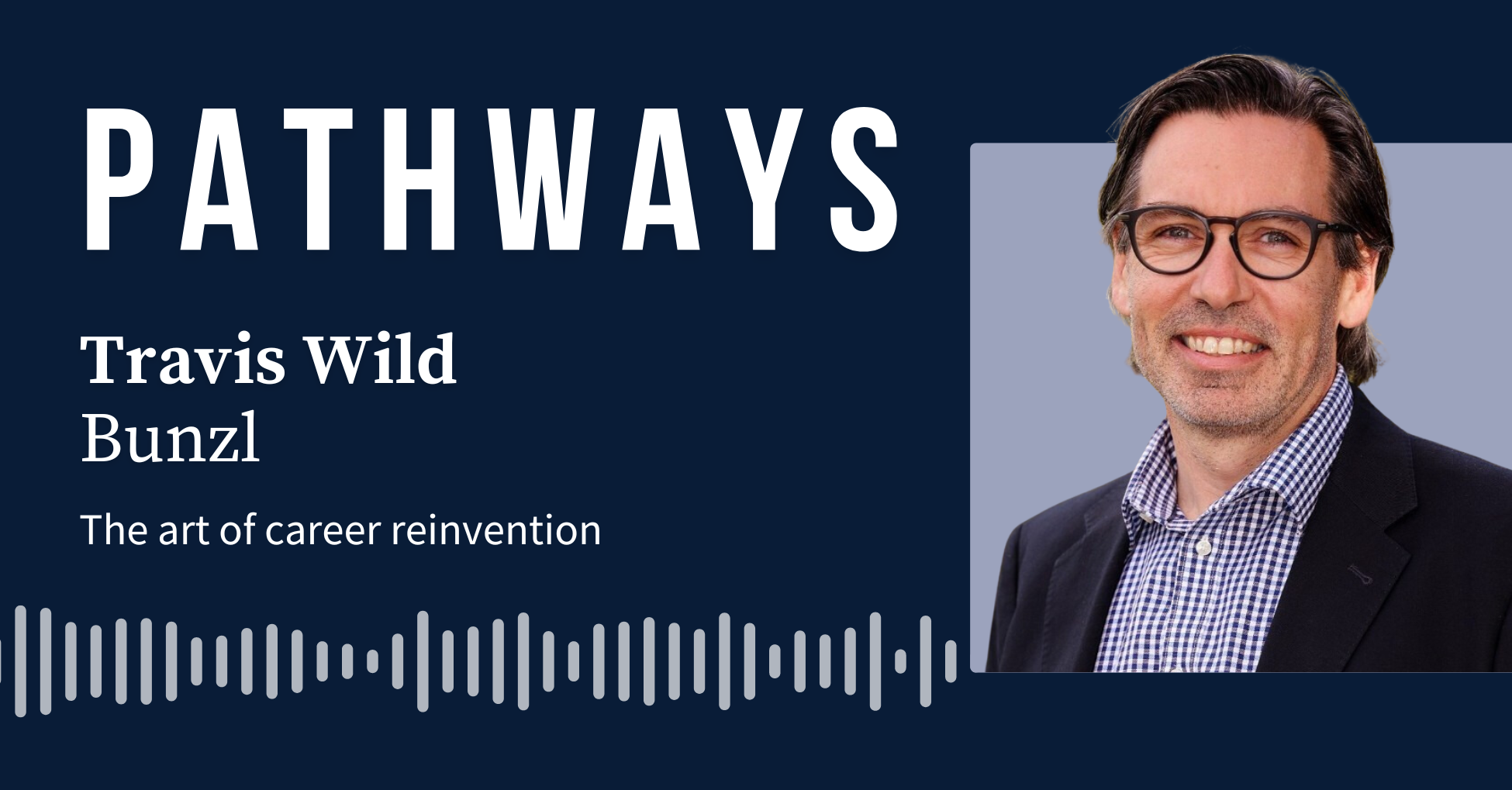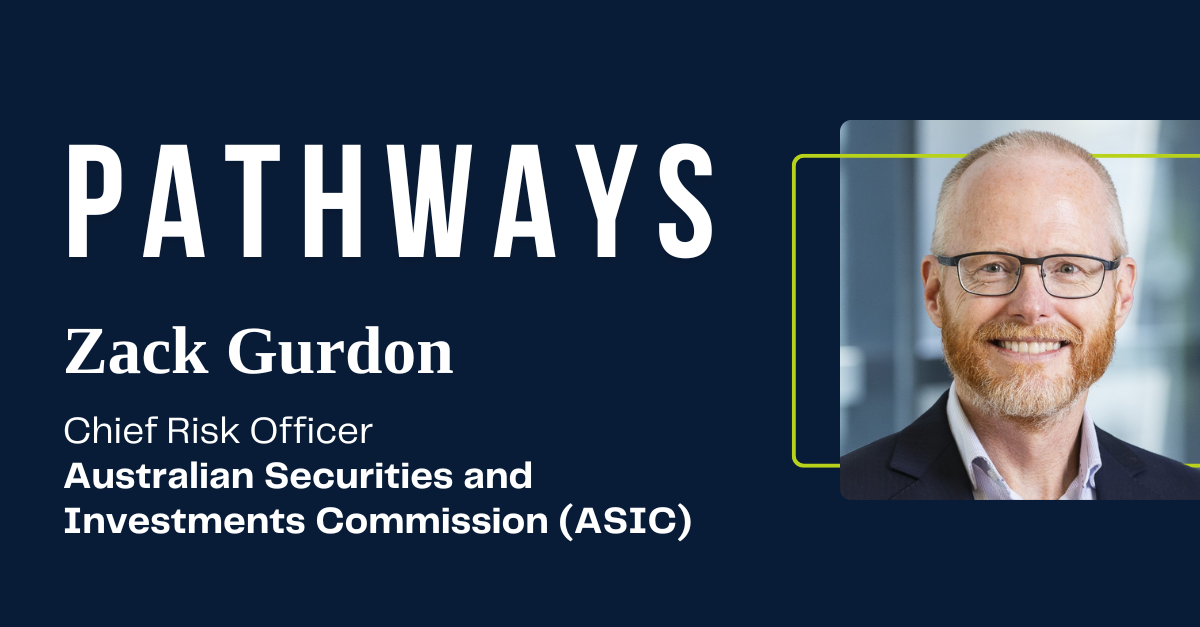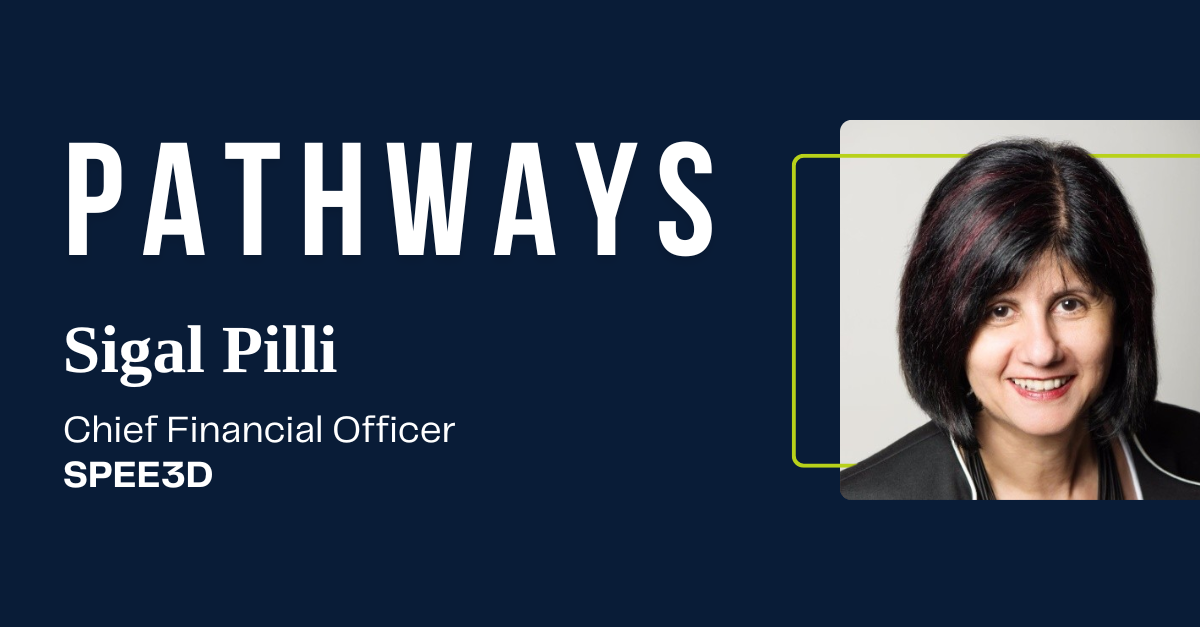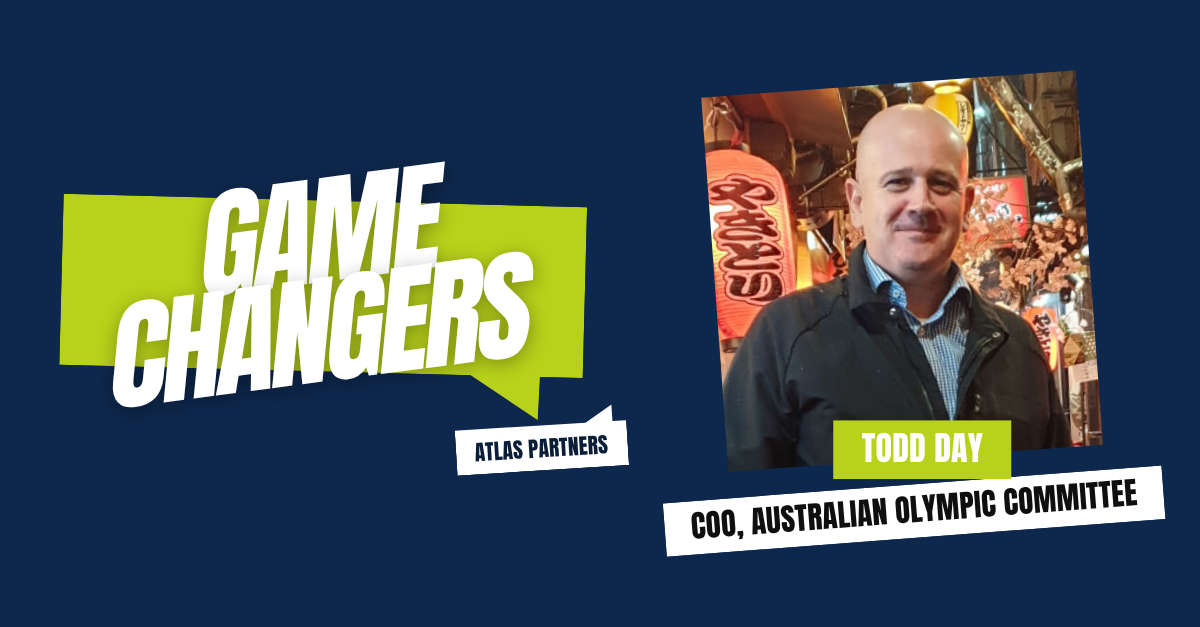Pathways — Travis Wild, Bunzl Australia & New Zealand
From PwC to joining the automotive industry, Travis has experienced senior roles within a number of challenging – product led manufacturing environments. Follow the journey of someone who reinvents himself in new industries.
Craig Gorton, Director of Atlas Partners, takes time to walk through the journey with Travis Wild, Finance Director at Bunzl. We discuss the journey and key learnings along the way.
Craig: Can you walk me through your career to date, including the early days? And what would you say your foundational learnings were along the way?
Travis: Sure, thanks, Craig. I started my career with PwC in the Audit and Risk division. I had clients across a variety of industries, and it was that early time at PwC that gave me a strong foundational understanding of accounting standards, internal controls, and stakeholder management. I progressed to Senior Manager at PwC then an opportunity came up for me to join GM Holden, the automotive company, in a risk and control role. Afterward, I progressed to a finance control role and then to a Head of Finance role for a new brand in Opel, the European arm. From Opel, I moved into roles in agriculture and dairy, and now I’m with Bunzl, a large global organization.
Upon leaving Opel, I had a sliding doors moment. I two competing opportunities with one in medical devices, and the other in agriculture and I had a 50/50 decision. I had an affinity for pharmaceuticals from my time at PwC, but my connections in agriculture led me to pursue that path, which eventually led to CFO roles in food and dairy industries and now to Bunzl.
Craig: You mentioned moving into the manufacturing industry, particularly with the automotive and food sectors. Could you talk to me about that journey? What attracted you to it, and was it what you expected?
Travis: During my time at PwC, I worked with clients across various industries, and I found that I enjoyed working with consumer and industrial companies the most. There’s something about seeing products on shelves or driving past factories that resonated with me. I also developed a strong understanding of manufacturing accounting, which made the transition into the manufacturing industry a natural fit. Joining Holden was particularly appealing given my interest in automotive as well as the pride and passion of the Holden team. Overall, I thoroughly enjoyed the experience.
Craig: I’d love to get your view on the future of a CFO within a product-led company. What do you believe are the challenges and opportunities?
Travis: Regardless of whether it’s manufacturing or distribution, supporting top-line growth is crucial. Maintaining margins while driving sales growth is a delicate balance. Additionally, maximizing factory utilisation is essential, keeping the factory at 75-85% full helps to optimise costs. And, of course, maintaining cost control is paramount, especially with ongoing inflationary pressures. Finding ways to improve productivity while reducing costs remains a key challenge.
Craig: Absolutely, right. Cost control is more sensitive now than ever. The next question is about your top three lessons learned as a CFO. What would you say those are?
Travis: Firstly, ensure your accounting fundamentals are in good shape. Without accurate financial records, any analysis is futile. Secondly, develop a deep understanding of the business to drive continuous improvement effectively. Lastly, focus more on forward-looking analysis and forecasting than dwelling on past performance. It’s easier to drive when looking through the windshield than the rearview mirror. I’m of the view, seek to understand rather than be understood, it is so important to distil your learning about the business and then being able to utilise that knowledge to push for continuous improvement is really critical. I’ve seen instances where people come in and they’ve got preconceived ideas and it just falls flat.
Craig: Moving on to mentors, have you had any influential mentors along the way who have impacted your career?
Travis: Absolutely. Mentors come in various forms, from partners at PwC to clients and colleagues.
While at PwC I had some great Partner mentors, one of whom I’m still in in regular contact with. We catch up a couple of times a year to have a coffee and talk about what’s happening in our career.
I was also lucky to have a client mentor when at PwC. ‘Ian’ was the CFO of a client where I had managed a large risk & controls implementation. He gave me lots of career advice both while at PwC and even after I’d left PwC. Post PwC Ian gave me great advice on things to watch out for particularly as an experienced CFO. He advised on my progression and some of the things that I should keep a watch on. That analogy of a problem shared is a problem halved, and it doesn’t necessarily need to be a problem, but just giving someone else’s perspective
Craig: Lastly, any advice for future leaders?
Travis: Many years ago, a retiring partner at PwC did a Q&A session reflecting on his career and he gave some sage advice which I have held onto to ever since. When asked what’s your greatest advice, the partner said clearly “find one thing that you’re good at and get absolutely great at it. Make sure that you’re known as THE expert in this field. Then after 10 years find something else you are great at and become THE expert in that field”. The message was keep evolving and expanding your skills throughout your career, for example from a Financial Accounting role into a Commercial Manager role into a CFO role, that kind of concept still kind of rings true, be great at something, but continue to evolve yourself.
Craig: And finally, Travis, a bit of insight into your personality. What’s your favourite book and why?
Travis: A while ago I read a fantastic a book by Bill Bryson, who’s a travel writer.
It’s not a travel book. It’s a book called A Short History of Nearly Everything. I love his humour and the way that he writes in this particular book. It explores the evolution of the universe, The Big Bang theory…. through all the things that have built up to where we are today. It’s partly a science lesson but more a book about the stories, and the misadventures, of the people behind the significant science discoveries. .





